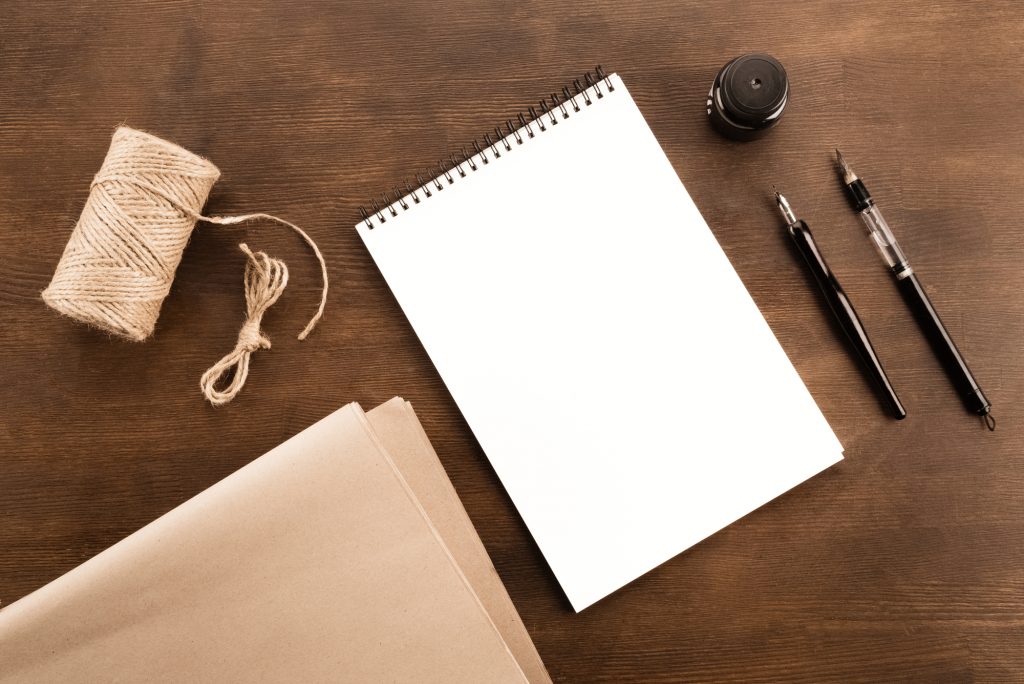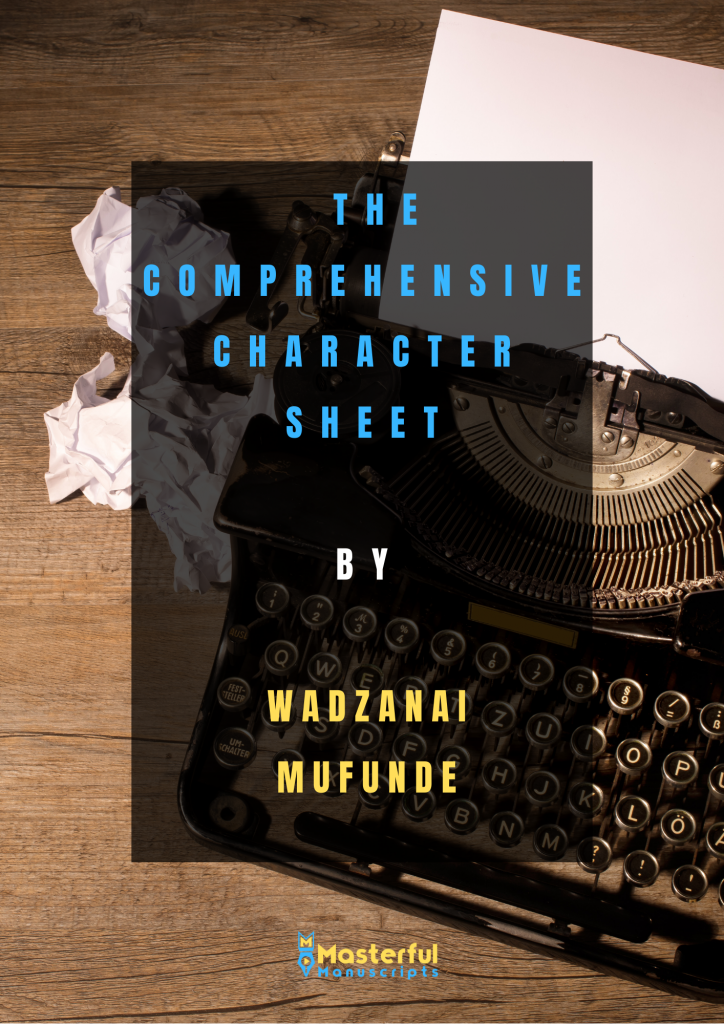Learning how to write a novel can be a challenge, but it can be very rewarding. If you’re just starting out, then this should be useful advice on how to start writing. Remember though, this is just a guide. There is no tried and tested formula on how to write a novel, and every author may give conflicting advice.
Table of Contents
Choose a genre and stick to it
Now before you argue that you prefer to write in multiple genres, let me finish.
Writing in a single genre is important because it focuses your author brand. A really good example of this is Rick Riordan. He writes in middle grade and YA urban fantasy. But he’s niched down to writing about characters that encounter mythological figures.
That is his author brand. Yes, he’s chosen two different demographics. But it works because he has allowed those readers who read his books from a young age to have something to read as they grow up.
Writing in multiple genres is by no means a sin, and there are many authors who do this. But many who do use a pen name. A pen name, also known as a pseudonym, is an assumed name a writer takes instead of their real name.
This doesn’t always have to be a secret, of course. There are various reasons for having a pen name, such as separating out your genres, or to have a sense of anonymity, such as the case for erotica authors.
Start writing what you would love to read
Writing to the market works for some people, but chasing upcoming trends can be challenging and draining. At the end of the day if you are not writing something you would actually read you are not likely to enjoy the writing process. Why write a paranormal romance when your true passion is epic sagas? What happens when your story doesn’t rate well because your readers can tell you didn’t really put your heart and soul into the novel?
Don’t write what you think will sell well, because trends change all the time. Tried and tested tropes of today can quickly become cliches by the time you have hit publish on your manuscript.
It’s okay to start with character or plot or both
You may think a guide on how to write a novel should take a stance on plot or character, but the truth is each story is unique. Sometimes an idea comes fully sprung like Athena out of Zeus’ head. (If you don’t understand the reference you really need to brush up on your Greek mythology). In such instances, plot and characters can come to mind together.
Usually, though, one or the other will appear in your head first. Don’t get hung up about which is a better starting point. Both are equally valid. Often, the one that comes first will vary depending on the writer and the specific project.
Be part of the writing community
Writing doesn’t have to be solitary. If you want to start writing, but get stuck along the way, as surely we all do from time to time, it’s good to have someone to help.
The writing community is vast and has a wealth of information. It can even be overwhelming, and sifting through all of it alone can seem daunting.
It is important to be a part of a writing group, either an in-person meet up or a virtual one such as a forum or perhaps a group on Discord. This can be helpful for writing advice, critiques, and accountability.
When I get stuck I like to connect with my writing friends via Facebook and I brainstorm with them. This can be a good way of dispelling writer’s block, and I urge you rid yourself of the idea that every other writer out there wants to steal your ideas. Chances are they are so engrossed in what they’re writing that the thought of stealing your writing never even occurred to them.
Interview your characters
Your characters are one of the most important aspects of your novel. Make them as well-rounded and believable as possible, even antagonists and villains.
One way to do this is to ask them a list of questions. I’ve compiled a list of interview questions you should ask your characters. Have a look. Make sure you answer the questions as your characters, not as a writer.
Don’t spend too much time worldbuilding before you start writing
This post is about how to write a novel, not how to worldbuild, so naturally I assume your goal is to have a novel written, not a hundred pages about your fictional world. Of course, if you’re writing fantasy or sci-fi then worldbuilding is a very important aspect of your novel. I won’t deny that.
You may be tempted to spend months or even years creating your various races, magic systems, and settings. I advise against this.
Worldbuilding can be a very fun part of any story. You could spend ages agonising over what colours your various classes are permitted to wear. And then perhaps you decide to detail which colours are worn in each region in your medieval fantasy. But if you know all that before you even know your main character’s name, or the basic plot of the novel, then how are you going to know how necessary each aspect of the worldbuilding is?
Perhaps your main character turns out to be royalty and has minimum interactions with peasants. Or perhaps you draw your world map first. You place three continents on the map and detail each kingdom and empire, and region and village. But then by the time you start writing your novel you realise the novel takes place in only two cities within one kingdom.
It would have been a wasted effort. You could have used that energy to do something else, like create more complex and compelling characters.
Avoid cliches
Don’t know the difference between a trope and a cliche? When you start writing it can be hard to keep some of these new terminologies straight. Let me explain.
A trope is a storytelling convention or idea that appears many times within a genre, such as political intrigue in historical fiction. A cliche is an overused trope within a genre, such as a medieval society within high fantasy, or ‘the bad boy’ in paranormal romance.
Cliches were not always cliches. Once upon a time, writing elves, dwarves, and orcs into your novel was interesting and even original. But if you’re late to the game, then you have to stay clear of certain overused tropes or your writing may come across as dull.
But what if you really want to include that overused trope in your novel?
It’s important that if you’re going to employ an overused trope that you find a way to subvert the expectations of your readers. Otherwise you run the risk of being unoriginal and even boring.
So you sent your female protagonist to kill a character who becomes her love interest? Romance fiction dictates that she would have to find a way to save her beloved. But what if you’re writing a dark fantasy novel, and she’s some kind of shadow assassin?
You could subvert your reader’s expectations by having her kill him in the end after all, or perhaps he finds out about the hit, and he kills her preemptively. Obviously these are just examples, and you certainly don’t have to use them. But I hope I’ve illustrated my point.

FAQ About How to Start Writing a Novel
How do I start to write a novel?
You can start a novel with a premise. To figure this out, brainstorm several “What If?” questions. Another possibility is to start your novel with a character or two in mind. You can go through a character questionnaire and fill in details about them. Eventually, you can start to think about how your characters relate to one another; think about how they interact and the conflict that may arise.
How many words are there in a novel?
The word count expected in a novel depends on the genre and age demographics of the intended novel. Typically, children’s books are shorter than adult books and romance novels are shorter than fantasy novels. A typical novel is usually 50,000 words or more, but adult fantasy novels can be 100,000 words, or even longer.
How fast can you write a novel?
Every author has a different writing process, and so every author differs in how long it can take them to polish a novel. For some, a first draft can take as little as one month. Challenges like National Novel Writing Month encourage you to do just that and write a first draft within the month of November. Other authors can take years to complete a first draft, especially if they are inexperienced, or if the novel requires a lot of research.
What do most authors use to write?
Most authors use a laptop and a word processing software such as Microsoft Word. But despite the modern age we live in, many authors do still enjoy writing a first draft by hand, with pen and paper. If you opt to do this, just be mindful not to lose or damage your paper.
Further Reading
- Reedsy – How to Write a Novel
- Medium – How to Write a Novel in 10 Steps with Michelle Richmond
- YouTube – How to Write a Book: 13 Steps From a Bestselling Author
